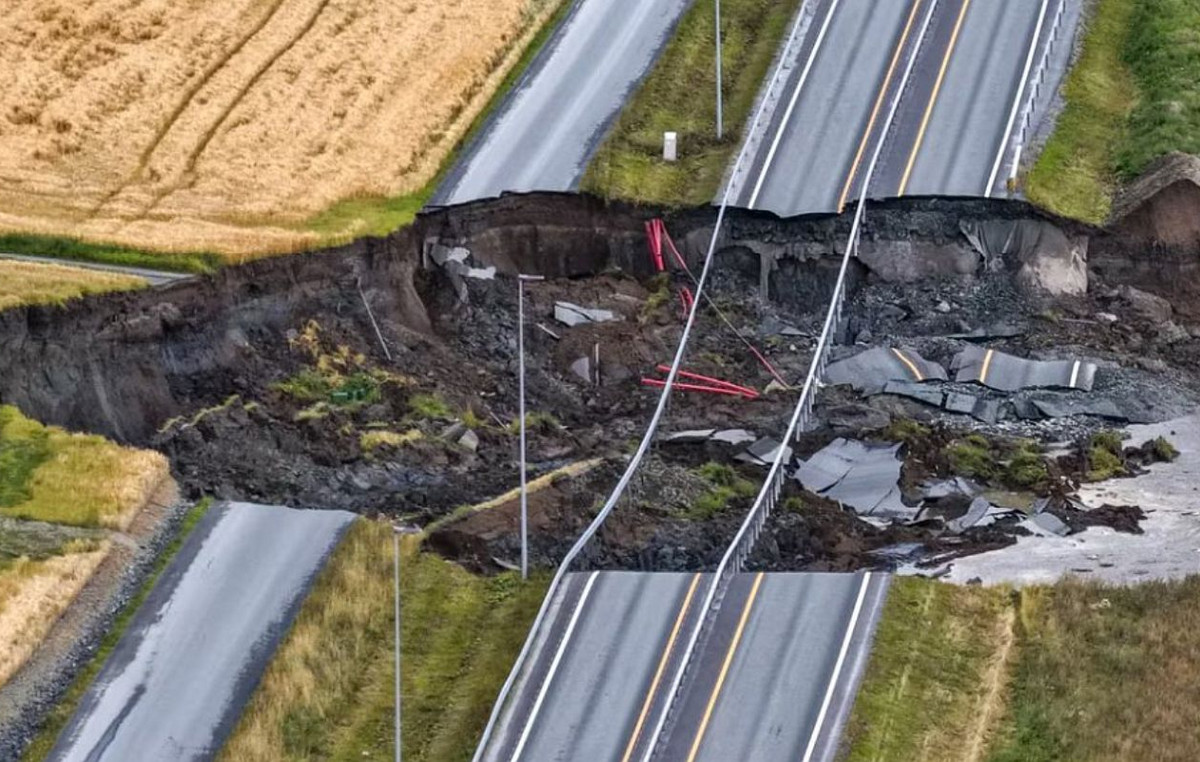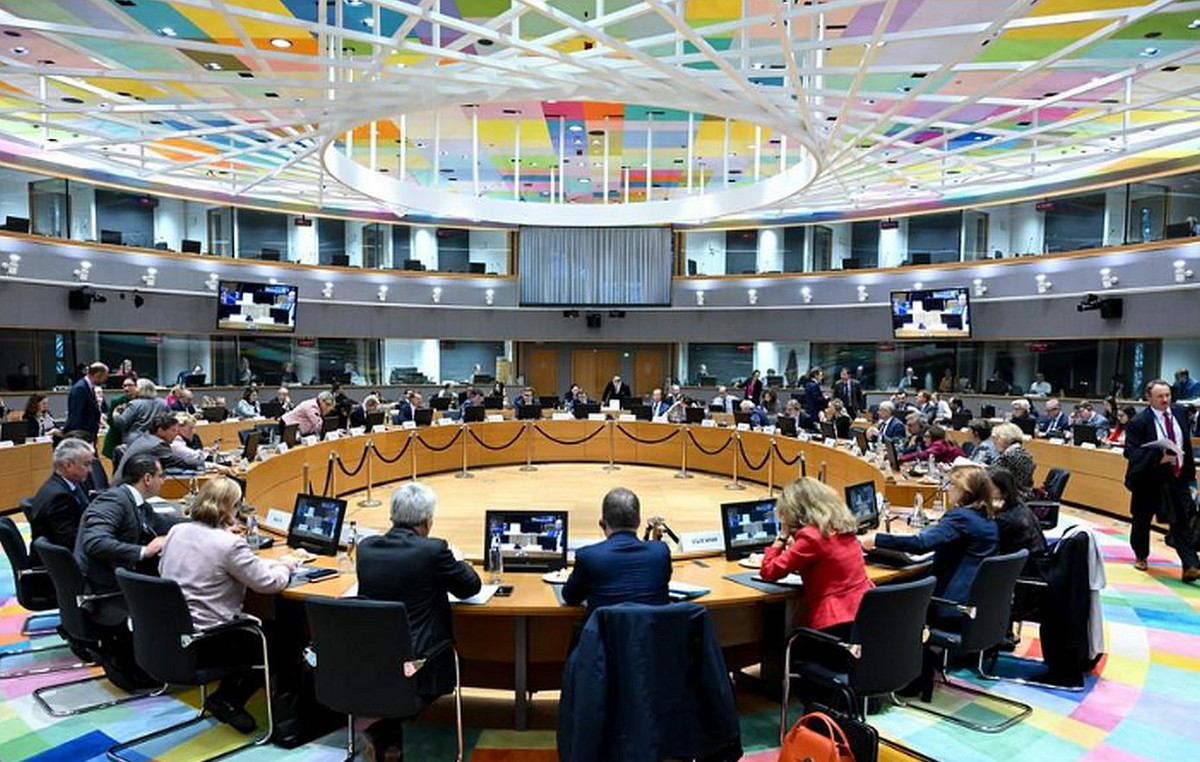Former President Donald Trump does not have the money to pay bail in the tax fraud case, which the New York court required. The Republican's defense team reported to the court this Monday (18) and said that Trump had so far been unable to find an insurance company that could guarantee payment. The amount needs to be deposited in court so that the former president can appeal the process.
Trump's lawyers said he approached about 30 insurers to secure bail, which must be paid by the end of this month.
“The value of the judgment, with interest, exceeds US$464 million (approximately R$2.3 billion), and few companies will be bound by any amount approaching that magnitude,” Trump’s lawyers wrote.
Insurance broker Gary Giulietti, who testified on Trump's behalf during the civil fraud trial, said in a deposition that securing bail for the full amount “is a practical impossibility.”
Trump's lawyers asked the appeals court to delay bail payments until his appeal of the case is heard, arguing that the value of Trump's properties far exceeds what was requested. If the appeals court rules against him, Trump has asked the court to delay bail payments until his appeal to New York's highest court is heard.
Last month, Trump was ordered to pay $355 million in restitution, or “ill-gotten gains,” by New York judge Arthur Engoron in a tax fraud case led by the attorney general. from New York, Letitia James.
Engoron wrote in his 93-page decision that Trump and his co-defendants — including his children — were responsible for fraud, conspiracy and issuing false financial statements and false business records. He found that the defendants fraudulently inflated the value of Trump's assets to obtain more favorable loan and insurance rates.
The amount that Trump owes exceeded US$450 million (R$2.2 billion), including interest.
In order for Trump to appeal the decision, he must deposit the amount required by the New York court in court.
Trump paid $91.6 million earlier this month as part of his appeal in the defamation case brought by writer E. Jean Carroll.
But Giulietti said that some of the largest insurers have internal policies that limit them from insuring an amount greater than US$100 million (R$500 million). None of them, he said, including some of the world's largest insurance companies, will accept real estate as collateral – they are only willing to pay in cash or shares.
Including fees and interest, he said Trump would need to secure more than US$550 million (R$2.7 billion).
“Throughout my career, during which I have been directly or indirectly involved in the issuance of thousands of bonds, I have never heard of or seen an appeal request of this size for a private company or individual,” Giulietti said.
“After a substantial effort in recent weeks, obtaining an appeal bond for the Judgment Amount of over $464 million is simply not possible under these circumstances.”
Alan Garten, the Trump Organization's chief legal director, said the lack of insurance companies accepting real estate as collateral is a “major obstacle.”
Trump campaign spokesman Steven Cheung criticized the size of the fraud trial.
“A bond of this size would be an abuse of the law, contradicts the fundamental principles of our Republic and undermines the rule of law in New York,” Cheung said. “President Trump will continue to fight and win to make America great again.”
Source: CNN Brasil
Bruce Belcher is a seasoned author with over 5 years of experience in world news. He writes for online news websites and provides in-depth analysis on the world stock market. Bruce is known for his insightful perspectives and commitment to keeping the public informed.







